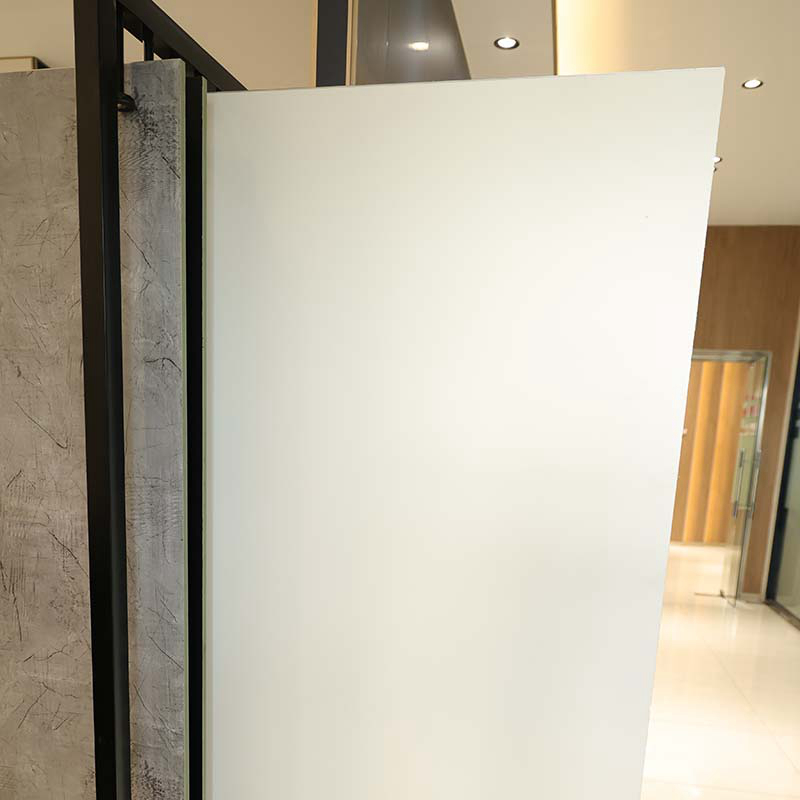When it comes to gluing PVC board to plastic, there are several factors that need to be considered to ensure a strong and lasting bond. In this guide, we will go through the steps and tips to effectively glue PVC board to plastic.
Step 1: Clean the Surfaces
Before gluing, it is important to make sure that both surfaces are clean and free of any dirt, dust, or other contaminants. Use a clean cloth or paper towel and rubbing alcohol to wipe down both the PVC board and the plastic surface.
Step 2: Sand the Surfaces
After cleaning, sand both surfaces with fine-grit sandpaper. This will create a rough surface that will allow the glue to adhere better. Make sure to wipe away any dust or debris created by sanding.
Step 3: Apply the Glue
Choose a glue that is suitable for bonding PVC to plastic, such as a two-part epoxy or a cyanoacrylate (super glue) specifically designed for plastic bonding. Apply the glue to one surface and spread it evenly using a brush or applicator.
Step 4: Press the Surfaces Together
Once the glue is applied, press the two surfaces together firmly. Use clamps or tape to hold the surfaces in place while the glue dries. Follow the manufacturer\’s instructions for the recommended drying time.
Step 5: Finishing Touches
After the glue has dried, remove any clamps or tape and inspect the bond. If there are any gaps or unevenness, fill them in with more glue or a plastic filler. Sand the area smooth and apply a coat of paint or sealant if desired.

Tips for Successful Gluing
– Choose a glue that is specifically designed for bonding PVC to plastic.
– Make sure both surfaces are clean and free of contaminants before gluing.
– Sand both surfaces to create a rough surface for better adhesion.
– Use clamps or tape to hold the surfaces together while the glue dries.
– Fill in any gaps or unevenness with more glue or a plastic filler.
– Sand the area smooth and apply a coat of paint or sealant for a finished look.
In conclusion, gluing PVC board to plastic requires proper surface preparation, the right glue, and patience. Follow these steps and tips to ensure a strong and lasting bond between the two materials.
Previous: Exploring the Versatility and Benefits of PVC Plastic Boards
Next: Versatile and Durable: The Benefits of Plastic PVC Board

PVC partition board
1. Introduction PVC partition board, also known as foamed polyvinyl chloride board, has the characteristics of moisture resistance, heat preservation and corrosion resistance, light texture but high hardness, which is not easy to scratch and aging de...

PVC plastic bed board (wbt300)
A PVC bed board is a type of bed support that is made of PVC material. It is used to provide additional support for a mattress and to keep it from sagging or sinking in the middle. PVC bed boards are lightweight, durable, and easy to clean, making th...

Carbon crystal plate
product description: What is the material of the carbon crystal plate? The carbon crystal plate is made of natural bamboo powder, calcium powder, new polymer composite material, carbon crystal powder and PVC powder. The raw materials do not contain f...

Carbon crystal plate (wbt660)
product description: What is the material of the carbon crystal plate? The carbon crystal plate is made of natural bamboo powder, calcium powder, new polymer composite material, carbon crystal powder and PVC powder. The raw materials do not contain f...